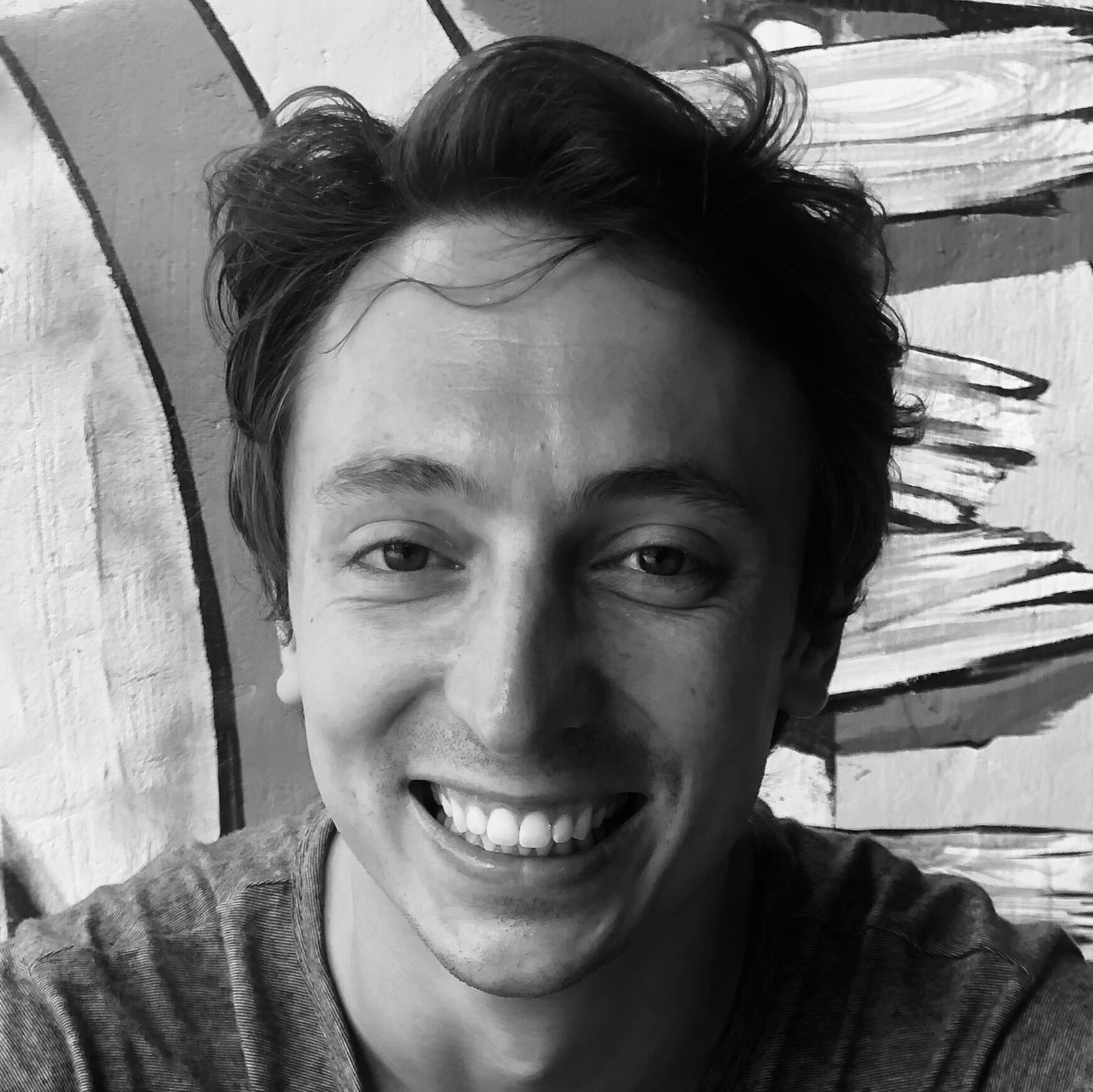
Robert Dunk
Fellow in Clinical AI, Cohort 2
Fellowship Bio
Registrar in Clinical Radiology at University College London Hospital interested in leveraging AI to improve diagnostics. Working as part of the Clinical Scientific Computing team at Guys and St Thomas’ Hospital, to gain experience across the entire AI lifecycle with a focus on the deployment and evaluation of AI solutions in secondary care.
Fellowship Project
ScaphX: AI-Assisted Scaphoid Fracture Detection
Guy’s and St Thomas’ NHS Foundation Trust
Scaphoid fractures are a challenging diagnosis to make in the acute setting. X-ray is the first line investigation for a suspected scaphoid fracture but only has a sensitivity of ~60%. Missed scaphoid fractures can lead to serious long-term complications for patients. At GSTT every patient with a suspected scaphoid fracture and negative X-rays is sent for MRI to rule out an occult fracture. We aimed to reduce the burden of confirmatory MRI studies by developing an AI model to assist Emergency Medicine clinicians in the diagnosis of scaphoid fractures. Increasing diagnostic accuracy in the acute setting reduces the need for resource-intensive MRI scans as well as allowing patients to be correctly managed. My Contributions to the Project: • Shifting the Focus: Initially, the project aimed to help radiologists with the interpretation of scaphoid X-rays. I helped change the proposed clinical workflow so that the AI results would be used by the clinician seeing the patient in the Emergency Department. Improving the diagnostic accuracy of the clinician treating the patient allows for more timely diagnosis and intervention. • Clear Communication of Findings: To ensure clear communication with clinicians, I developed a Python script that generates user-friendly PDF reports. These reports summarise the AI model’s findings, providing vital information to the clinician. • Evaluating the Impact: I designed and led a retrospective diagnostic accuracy study to assess how the AI model impacted clinician performance in diagnosing scaphoid fractures. This evaluation is crucial for understanding the model’s effectiveness in a real-world setting. Moving Forward: We successfully trained the AI model using MRI data from Guy’s and St Thomas’ NHS Foundation Trust (GSTT). Based on the evaluation results, we’re now working on refining the model. This will involve further data collection and retraining of the model to improve its performance.
Fellowship Testimonial
This fellowship provided me with invaluable experience in developing and evaluating an AI solution for a real-world medical problem. I have gained a deeper understanding of the AI development cycle, from data collection and model training through to clinical deployment and evaluation. The monthly workshops have been a great opportunity to meet leaders within the clinical AI field. However, the most rewarding aspect of the fellowship was getting to work with such a motivated and friendly team. The wide range of skills and experience in the Clinical Scientific and Computing team at Guys and St Thomas’ Hospital has made it an incredible team to be part of. This fellowship has equipped me with the knowledge and skills to pursue a career focused on integrating AI into clinical practice. Going forward, I envision myself working in a role to bridge the gap between AI development and clinical implementation, helping to ensure that these powerful tools are effectively utilised.